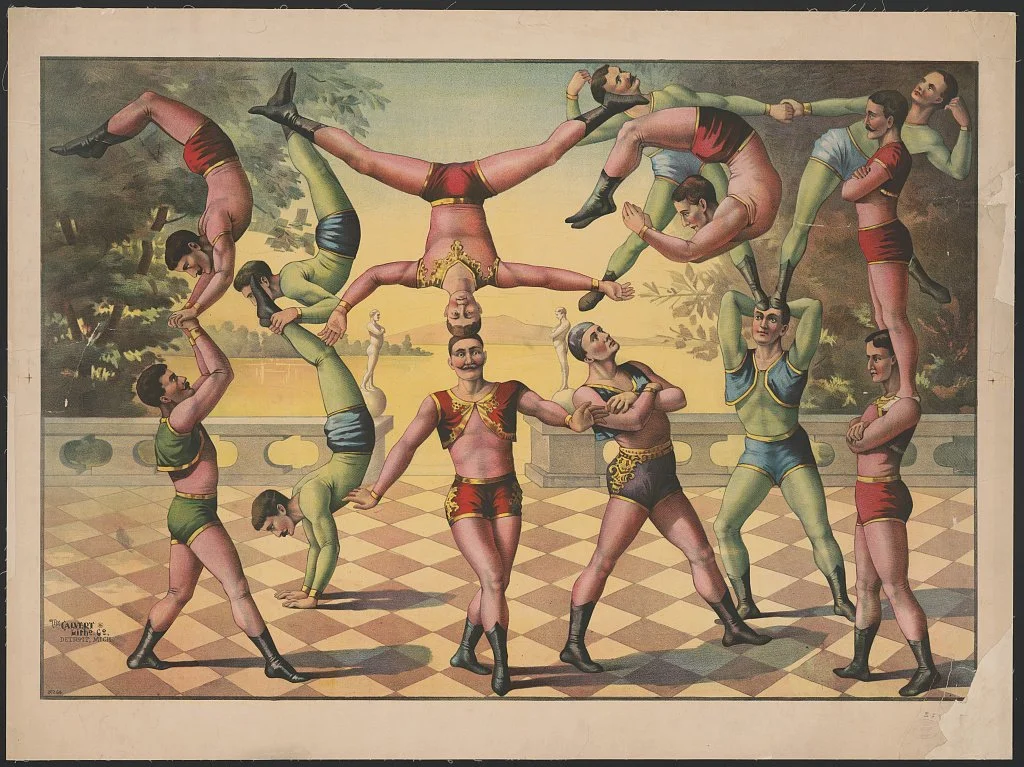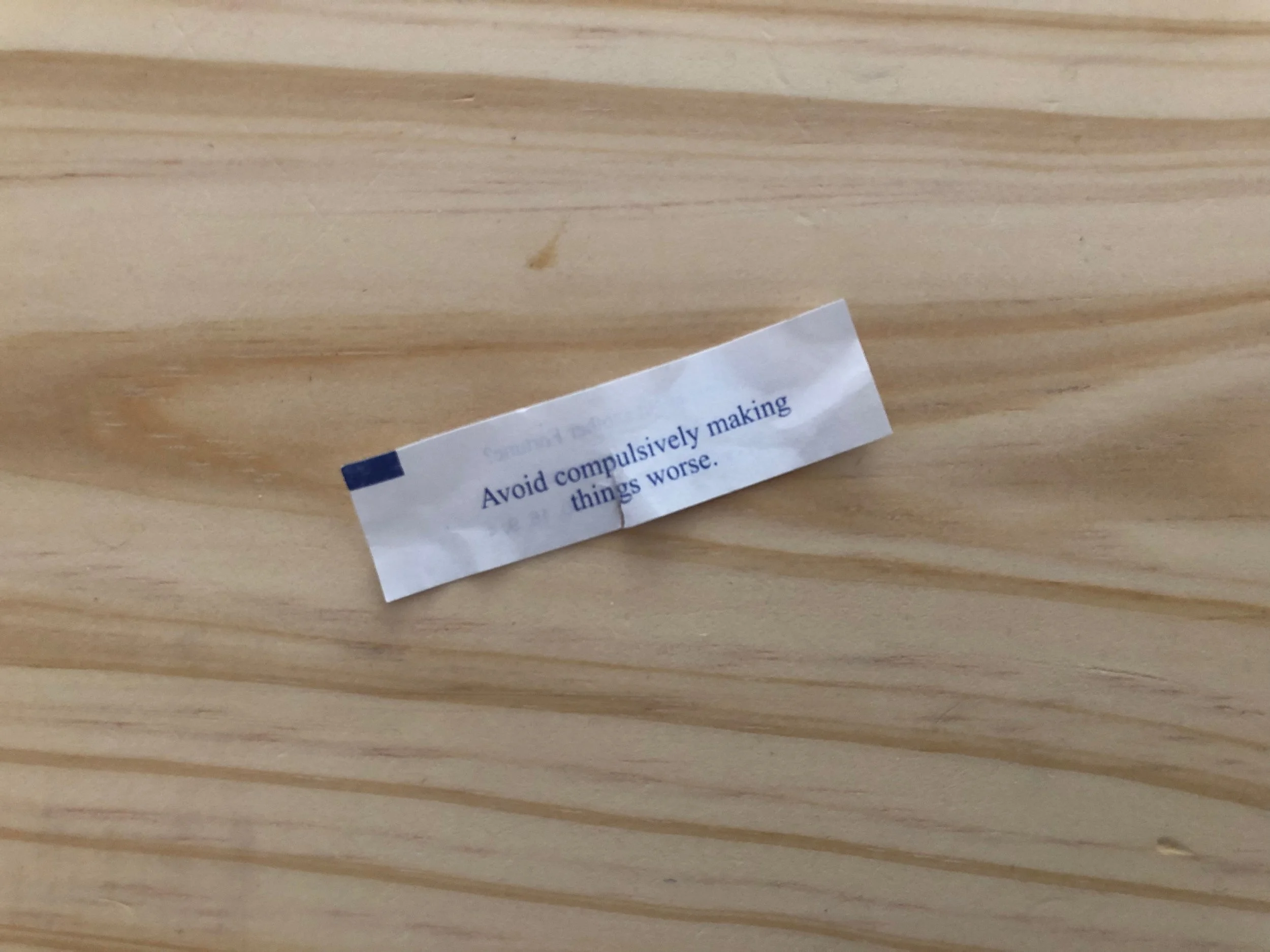Stay in your comfort zone
If they were in really danger, they wouldn’t be doing it. Unless, of course, danger is what they’re looking for. (Library of Congress)
People love to tell other people that they need to get out of their comfort zone.
It's all over the content and comments in musicians’ circles online: To get better, you've got to push yourself to constantly play harder stuff, play when you don't want to, challenge yourself to get onstage, play with musicians who are better than you are, and so on.
There are layers of assumptions here, though. For a lot of musicians, what happens when we play with people who are better than we are? We get intimidated and quit.
What about when we play music that's hard? We get frustrated and quit.
We should only leave the safety of our bunker if we're wearing the appropriate protective gear. We can only venture out on a road trip if the car is full of gas.
And we shouldn't leave our comfort zone until we have the necessary tools to do so.
Some people are equipped with a confidence that allows them to learn on the fly, taking criticism and setbacks in stride. They are energized by challenges and inspired by competition.
This ability to be impervious to the danger of leaving our comfort zone is a skill in itself. Without that skill, we will probably fail at the thing we are trying to do, if only because we can’t handle the stress of trying. Has it happened to you? It's happened to me.
We can develop better resilience with effort and training. Some people have to do this violently, out of necessity, for sheer survival. That usually brings trauma.
The rest of us can do it more gently, by choice, carefully strengthening our core competencies while titrating risk to a manageable level.
For example, a third grader who is performing in a piano recital can choose to play a piece that she mastered and memorized a year ago. The recital itself — the public performance — is enough of a departure from her comfort zone. She might as well play something that she knows like the back of her hand.
The ideal result is that this nine-year-old feels proud of her performance and wants to do another one. Such an experience is more likely to yield a lifetime of musical enjoyment than weeks of desperate grinding on a more difficult piece that, right up until the last minute, she is worried about messing up on in front of other people.
School culture is often set up the second way, in which we're constantly pushing past our capabilities whether we want to or not. This doesn't result in confidence and resilience for most of us. Rather, we end up demoralized and broken, believing that we are permanent failures.
This happens not only in music, but in mathematics, sports, and plenty of other pursuits. Instead of swimming in the kiddie pool until we're ready for more, we're thrown out into the open sea.
We're supposed to prove ourselves, but so many of us don't. We flail and drown, simply collateral damage in the process of identifying the superstars who have what it takes to rise to the occasion.
When we understand that this is the pattern, we can sidestep it. We can be selective about when and how we leave our comfort zone, doing it only in the realms in which we are prepared to do so. We can make sure we have the necessary support and encouragement, and we can retreat when we've had enough.
In this way, we will not be casualties of a system designed to weed out anyone who isn't a top performer — we can become top performers, on our own terms. We don't always have to submit to someone else's urgent timeline, some institution’s culture of shame, or our own fear of being left behind.
The compromise is that we may not move as quickly or dazzle as brilliantly. We may not win the awards that go to the first and best. But these were never guaranteed anyway. There's only one top slot, and most of us will be disappointed if that is the only validation we are seeking.
There are many ways of finding success and measuring achievement. When we are ready, by all means, we can break out of our comfort zone and discover all of the opportunities for growth and progress that will offer to us. And until we are ready, we can incubate ourselves safely inside the bounds of our comfort zone. It is actually a pretty good place to learn and grow.





